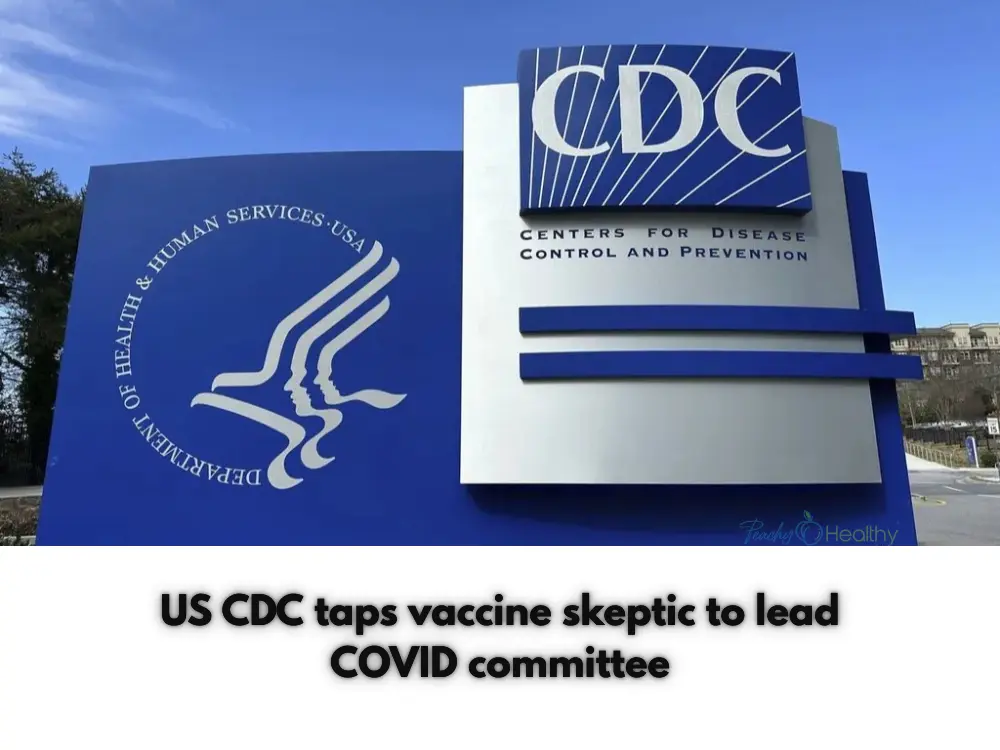As Congress reconvenes after its summer recess, lawmakers are once again staring down a familiar deadline: September 30, when government funding is set to expire. While fights over the federal budget are nothing new, this year’s negotiations carry particularly high stakes for the health care system.
“Government-spending negotiations will be messy, but there are glimmers of hope for bipartisan agreement.”
ACA Subsidies at the Center
The most pressing issue is the fate of the enhanced Affordable Care Act (ACA) subsidies. First introduced during the pandemic and later extended, these subsidies have made marketplace insurance plans far more affordable for millions of Americans. Without Congressional action, they are set to lapse, an outcome that could drive premiums sharply higher at a time when families are already squeezed by inflation.
The subsidies’ expiration also has a domino effect. Since they play a central role in ACA enrollment numbers, losing them could weaken overall marketplace participation, destabilize coverage pools, and increase costs for those who remain. That’s why lawmakers on both sides acknowledge their importance, even as they clash over the broader funding package.
Ripple Effects on Broader Health Programs
Beyond the ACA, other health-related programs are caught in the funding crossfire. Provisions that support community health centers, rural hospitals, and Medicaid services are due for renewal. Failing to secure agreement could disrupt services that millions rely on, particularly in underserved areas.
Congress has two paths: pass a temporary continuing resolution to keep the government open while negotiations drag on, or allow funding to lapse, leading to a shutdown. While a short-term measure seems likely, it only delays the inevitable reckoning. A comprehensive appropriations bill, according to most analysts, probably won’t be finalized until later this year.
The health care fight is both financial and political. Democrats argue that the subsidies are vital to keeping coverage affordable, while Republicans remain concerned about the long-term costs of extending them without offsetting spending cuts. Still, given the political fallout of allowing millions to face higher premiums, many expect some compromise to emerge.
As the clock ticks toward September 30, the outcome will determine not just whether the government stays open, but also whether affordable health coverage remains within reach for millions of Americans.




